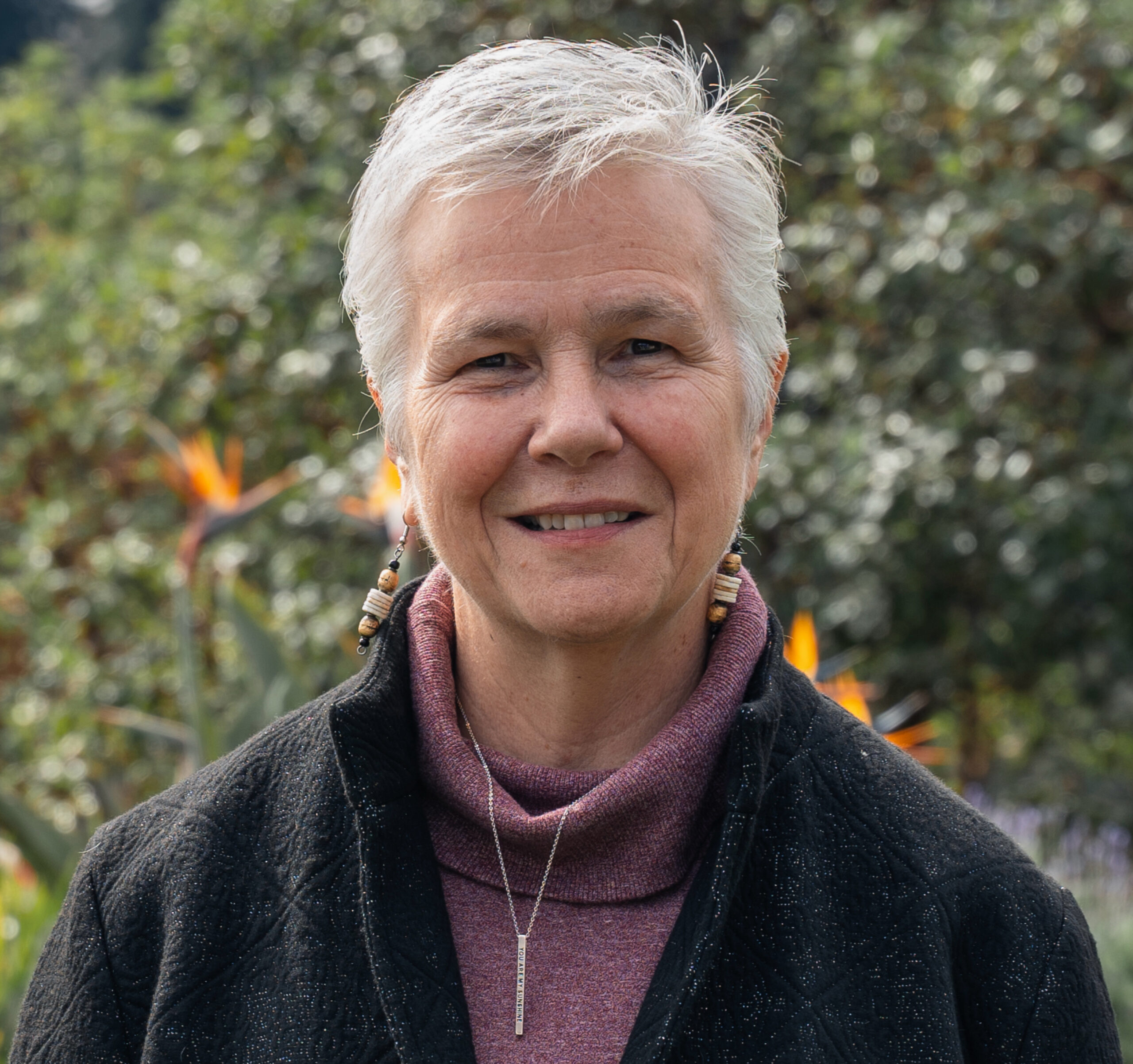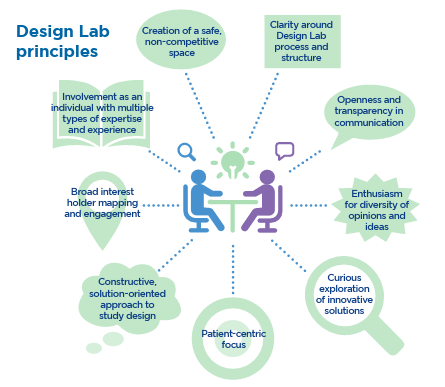What are methods for performing common workflows on scRNAseq data to characterize sub-populations of cell profiles?
Single-cell RNA sequencing (scRNA-seq) allows for transcriptome-wide profiling of individual cells present in a tissue sample. While conceptually similar, scRNSeq and “bulk” RNAseq projects differ so greatly in their overall study design, goals, and statistical caveats that their analytical investigation is distinct. In this session, we will introduce methods for performing common workflows on scRNAseq data to characterize sub-populations of cell profiles, including: data preprocessing and normalization, dimensionality reduction, clustering, and visualization.
This course is part of a series of trainings in biomedical data science offered by the Center for Quantitative Methods and Data Science, Tufts CTSI, and Tufts University Data Intensive Studies Center. For the full list of trainings in this series, please visit the Center for Quantitative Methods and Data Science webpage.
Faculty
This workshop will be taught by Tanya Karagiannis, MS and Eric Reed, PhD.
Tanya Karagiannis is a Research Assistant at Tufts Medical Center in the Institute for Clinical Research and Health Policy Studies working with Dr. Paola Sebastiani. She has an MS in Bioinformatics from Boston University where she is also continuing her PhD in Bioinformatics under the advisement of Dr. Paola Sebastiani and Dr. Stefano Monti. Her research focus is in the application and development of single cell transcriptomic methods utilizing machine learning and Bayesian statistics, with interest in multi-omics as well.
Eric Reed is a Data Scientist in the Data Intensive Studies Center (DISC) at Tufts University. He earned an MS in Biostatistics from the University of Massachusetts Amherst in 2015 and a PhD in Bioinformatics from Boston University in 2020. Dr. Reed’s research is focused on working with biomedical researchers to implement cutting-edge high-throughput profiling techniques and develop analytical approaches to better interrogate the biological questions at hand. His dissertation work encompassed advancement of large-scale transcriptomic profiling for toxicogenomic screening. This included the benchmarking scalable library preparation techniques and development of machine learning methods and software. Through numerous collaborative projects, Dr. Reed’s work has led to contributions to various biomedical fields including environmental health, metabolic diseases, oral cancer, breast cancer, Huntington’s disease, and addiction.
Who should attend
Basic statistical knowledge is required. Computational experience will be helpful, but is not required.
Details
Wednesday, July 21
2:00-3:30PM
Online (a link will be sent to those who register).
Registration
To attend, please register here.
You may also register for the other trainings in this series:
- June 23: Study Design for Biomedical Data Science
- June 30: Introduction to Sequence-Based Transcriptomic Analysis
- July 14: Bioinformatics Analysis of Bulk RNA Sequencing Data
- July 28: Functional and Enrichment Analysis Methods for RNAseq Data



